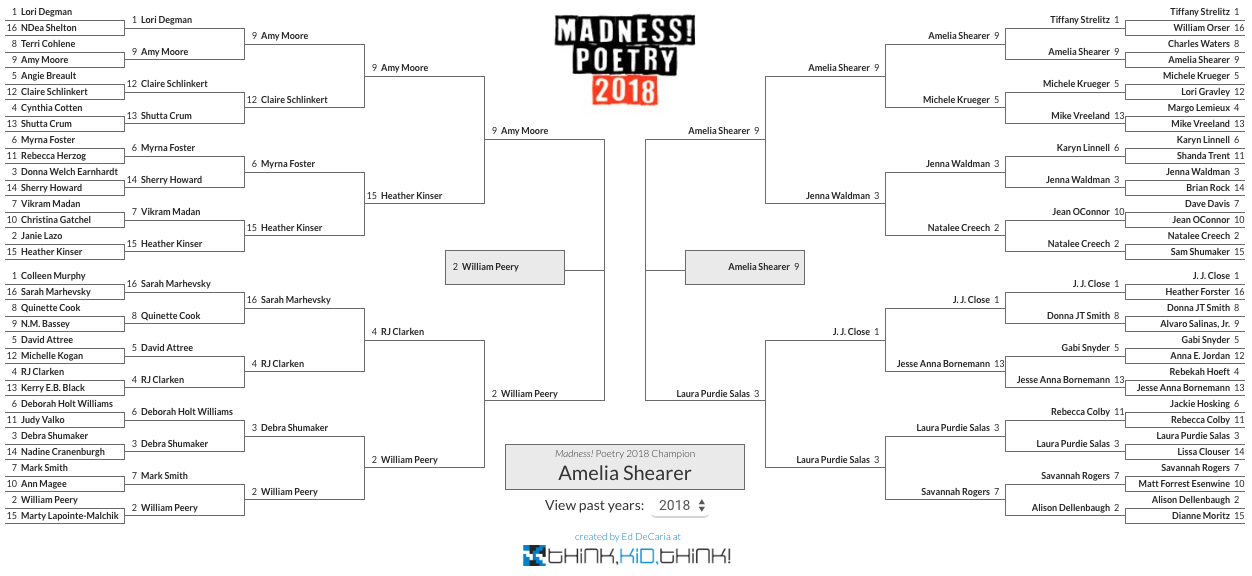
Holy Cinderella Story, Batman!
If you’re an author, you’ve heard of the Imposter Syndrome. It’s where in any room filled with other authors, you feel like you’re the one who snuck in under the radar – the one who’s not quite qualified, whose work doesn’t quite’count’ for one reason or another, who isn’t a ‘real’ author in one way or another. We all feel it at some point.
My first Imposter qualification is that I have only been published for contract work. In my case that means my books were written because a publisher asked me to write about a specific topic. And I believed for many years that discredited my ‘published author’ status.
My second Imposter qualification is that my published books are in a genre different from what I’m currently writing, and what I’d like to make my career in the industry. They are in a Christian sub-market, so I considered them invalid credentials when in groups of authors published in broader markets.
A few years ago I gained a bit of perspective on those two insecurities, and felt more comfortable calling myself an author. Until I re-entered Ed DeCaria’s March Madness! Poetry competition a couple months ago. This challenge is a bracket-style tournament, where pairs of authors are given the same unusual word and they each have a limited time frame and number of characters to write a children’s poem using that word. Those poems are then voted on by classrooms of students, as well as the general public and other authors. Although as a child I wrote countless poems, aside from one rhyming manuscript on submission, one manuscript that’s been rejected quite a few times, and one poem in round #1 of Madness! Poetry back in 2015, I haven’t written any poetry since high school. If anything, I’ve avoided it, because aspiring authors regularly hear that no one wants to read our rhyme. But I thought it would be a good challenge for me, might improve my skills a bit, and would force my creative juices out of hiding. I was excited.
Until I realized my first round competitor was an incredible, PROFESSIONAL poet, with a current book of poems out that looked amazing, interviews across the internet, and my own librarian sister had already read and loved his book. Umm … welcome back, Imposter Syndrome. Round after round I was fangirl-ing all over my competitors, in awe that my name would be sharing digital space with theirs. Round after round, I wondered how long until they notice I’m still here? Until the gig is up and they realize I don’t belong among their ranks?
By Round 4, I was so inspired by the poets around me that I based my poem on the qualities I had been admiring in each of their works. By Round 5, I was starting to understand that perhaps I did belong – that perhaps the insecurity and humility that infect us with the Imposter Syndrome are also part of what makes this industry so enthralling. We as authors are surrounded by and interacting with the people and the voices who shaped our own thinking as children. It’s a powerful thing to be an author, and the impact an author can have is so profound that it seems surreal, above us, too much for us to grasp as mere mortals. And yet mere mortals are the ones beside us wielding the words, inspiring us. Thank goodness, because otherwise what would be the point of encouraging children to follow in our footsteps? We bring words to them and show them how to engage with language, in the exact hope that they will come along and write with us too. So it’s good, and right, that Cinderella can join in the author’s ball, because that’s the point of it all. Horses can become coachmen. Bumbling fairies can make magic. And I guess I might just be able to write poetry again after all. That’s the idea that children’s literature is made of.